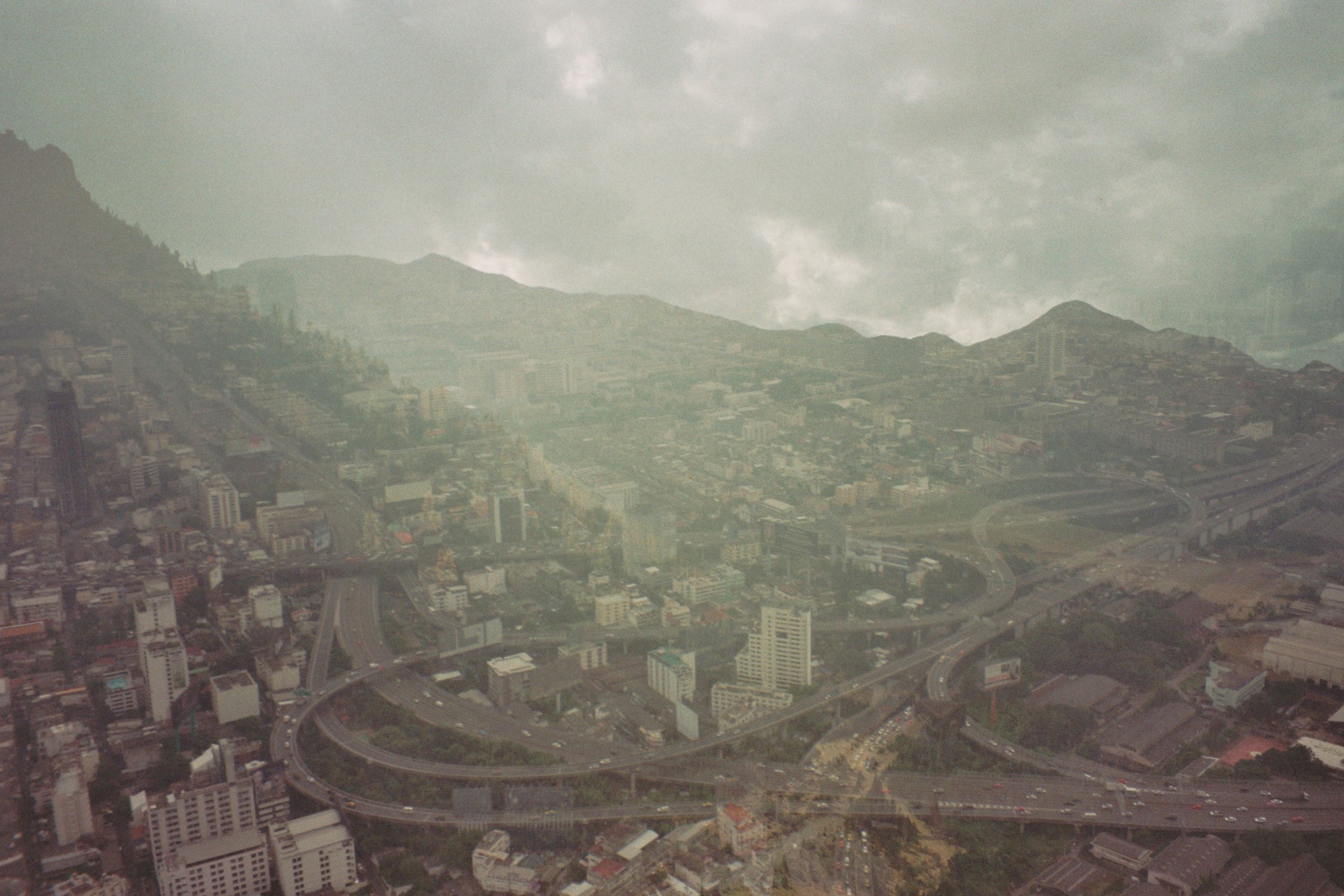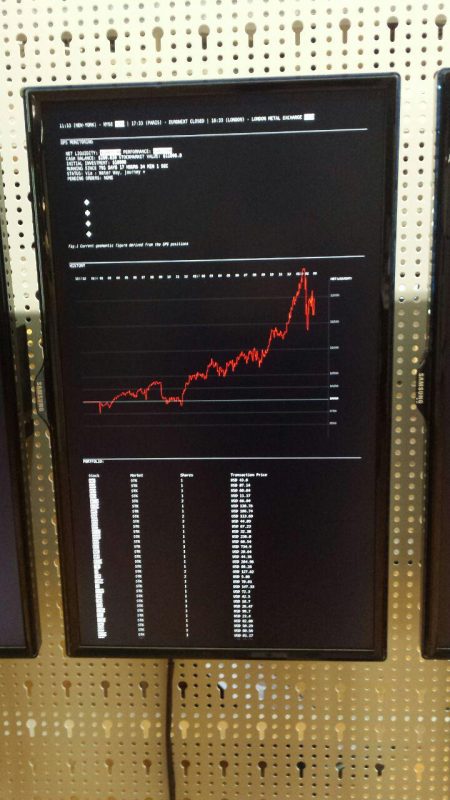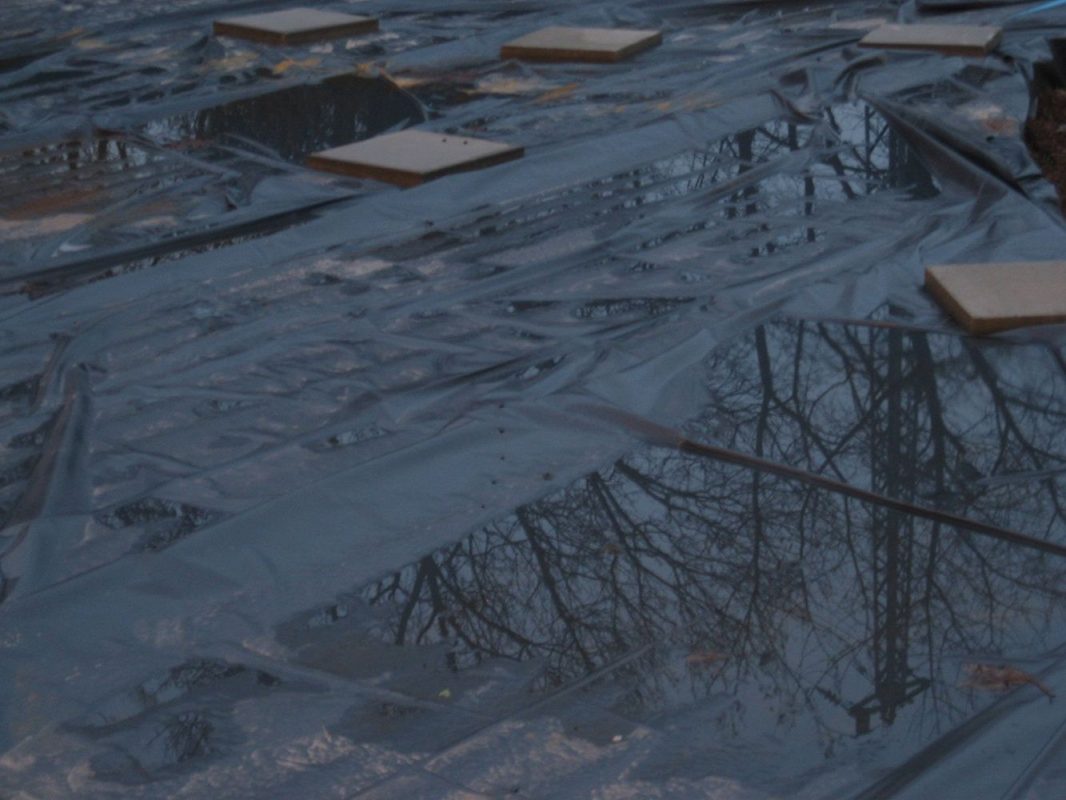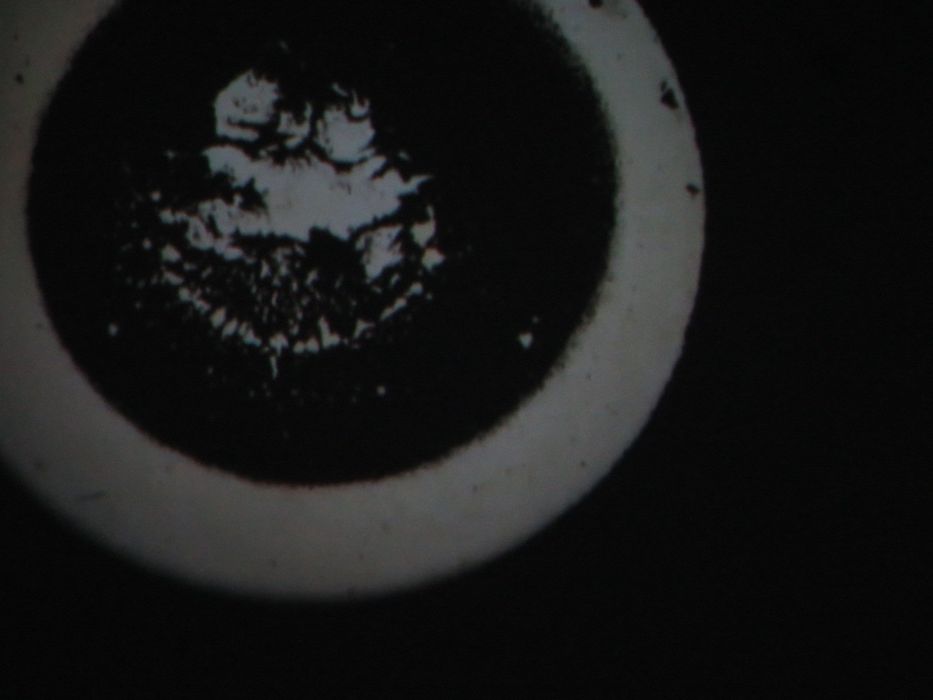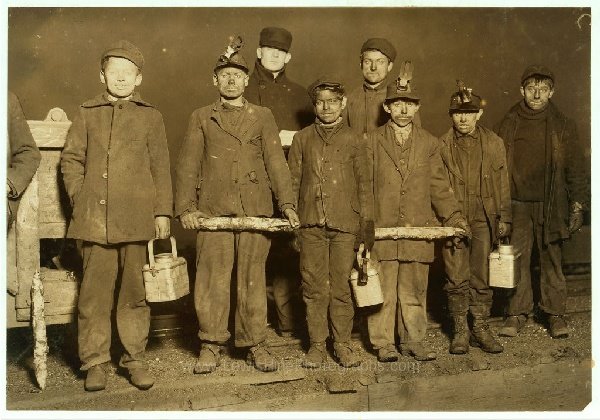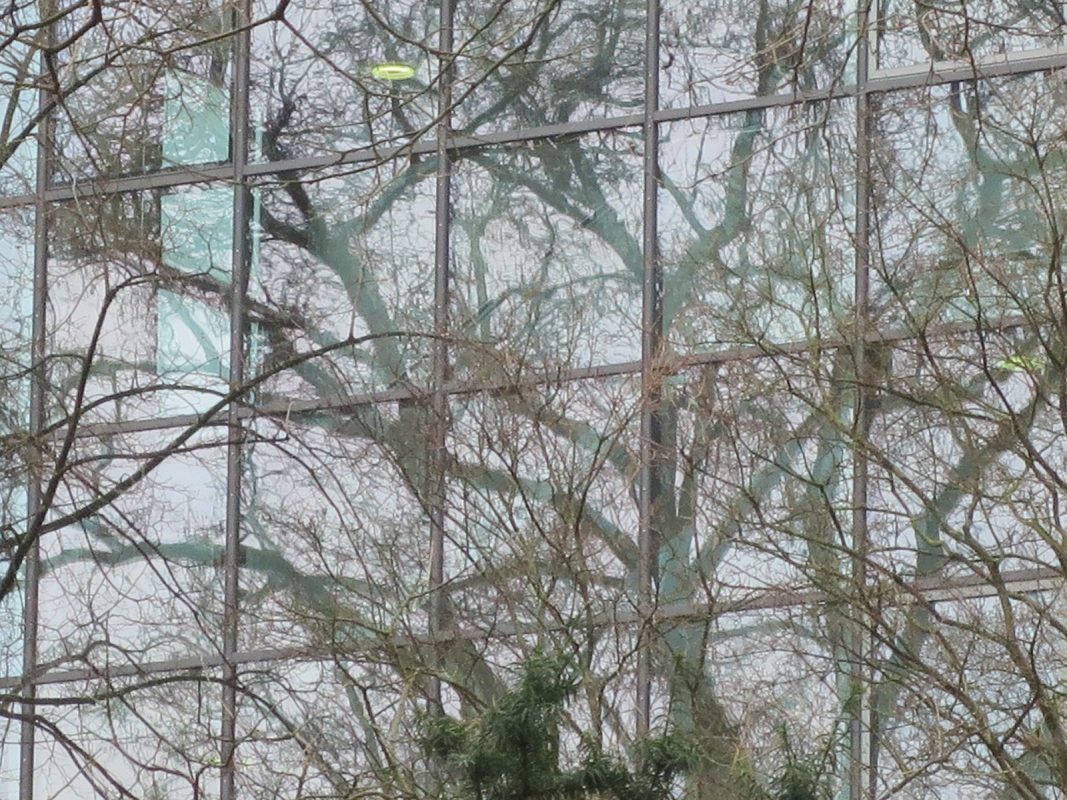Cheap Food and Bad Climate: From Surplus Value to Negative Value in the Capitalist World-Ecology
ABSTRACT Capitalism, understood as a world-ecology that joins accumulation, power, and nature in dialectical unity, has been adept at evading so-called Malthusian dynamics through an astonishing historical capacity to produce, locate, and occupy cheap natures external to the system. In […]
Cheap Food and Bad Climate: From Surplus Value to Negative Value in the Capitalist World-Ecology

